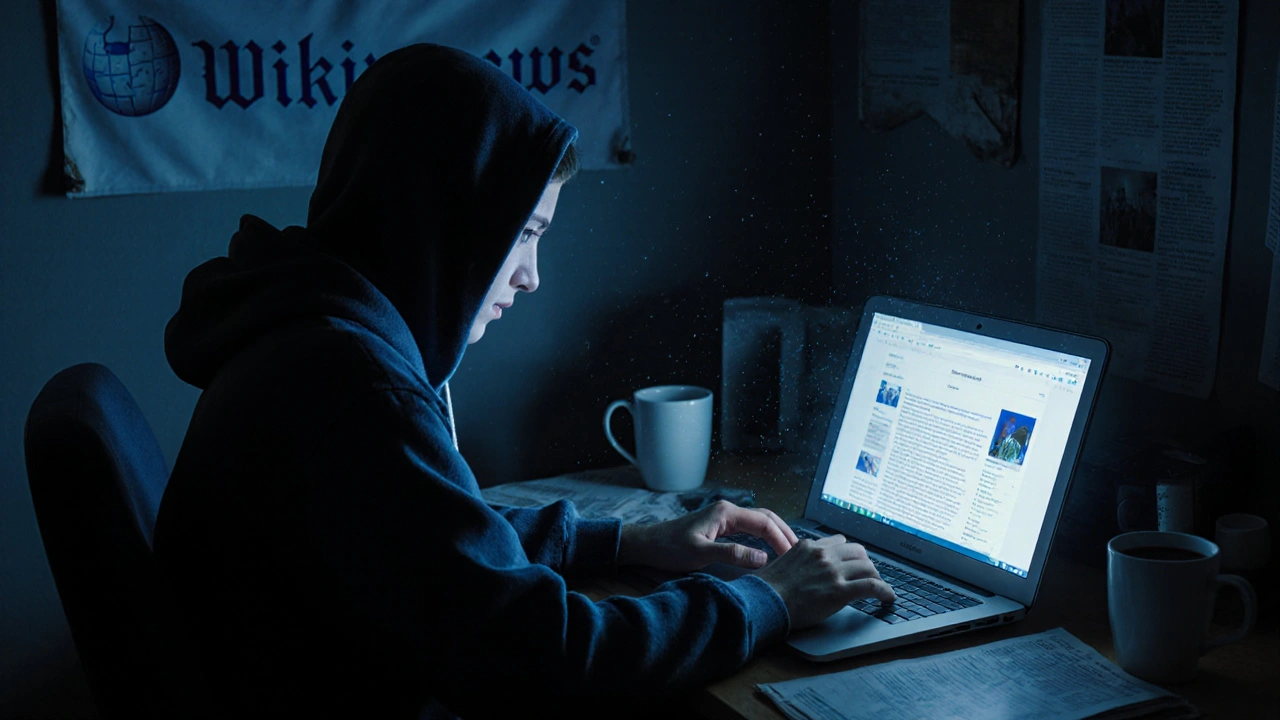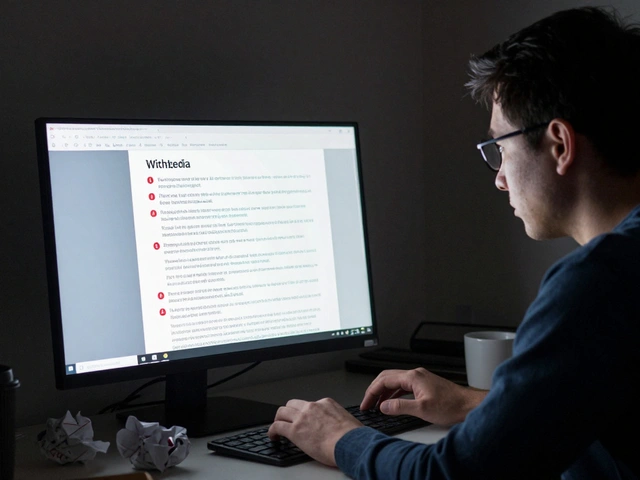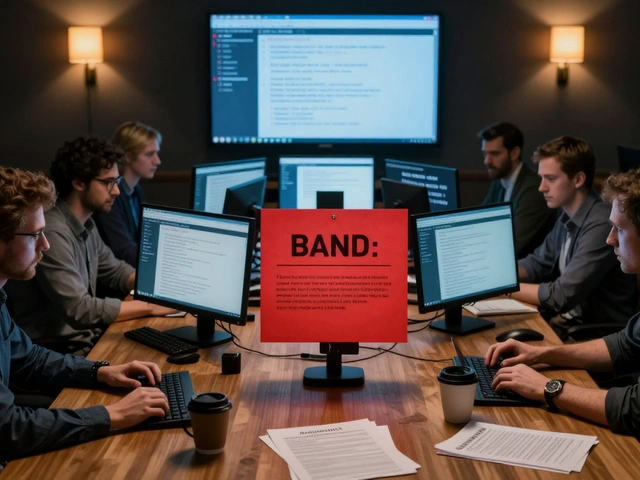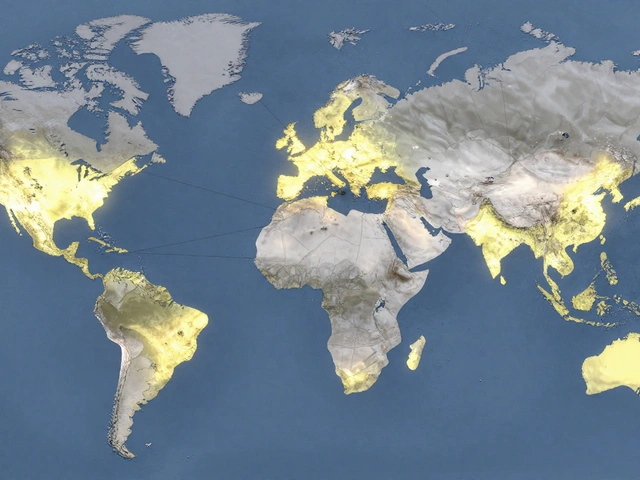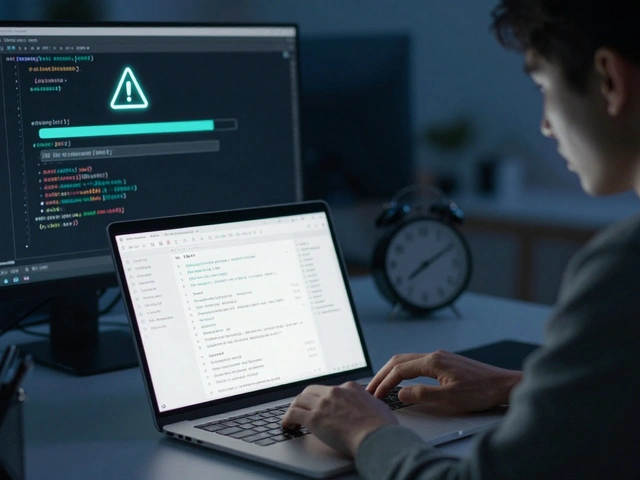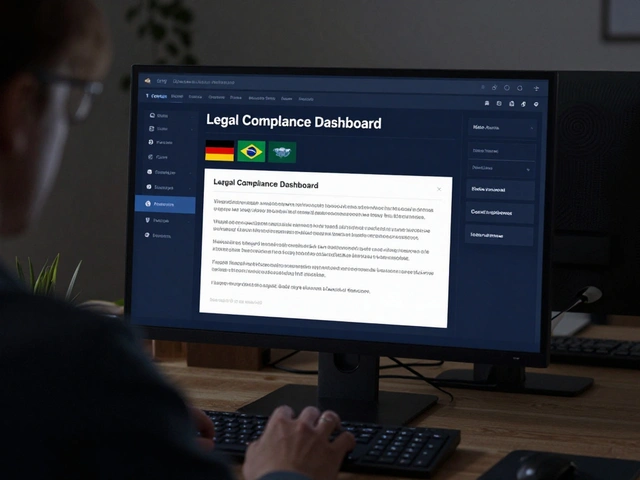Open News Platforms: How Wikipedia and Free Knowledge Shape Public Information
When we talk about open news platforms, digital spaces where information is created, shared, and updated by the public without paywalls or corporate control. Also known as free knowledge networks, they rely on collaboration, transparency, and open licensing to keep knowledge accessible to everyone. Wikipedia is the largest example, but it’s not alone—projects like Wikidata, the Wikimedia Commons, and even community-run news sites like The Signpost all operate under the same core idea: information shouldn’t be locked behind subscriptions or algorithms.
What makes these platforms different from commercial news sites or AI encyclopedias? For one, they don’t chase clicks. The Wikimedia Foundation, the nonprofit that supports Wikipedia and its sister projects doesn’t run ads. Its funding comes from small donations, and its mission is to make knowledge free—not to maximize engagement. This changes how content gets chosen. Stories on The Signpost, for example, are picked because they matter to editors, not because they trend. And when AI companies scrape Wikipedia for training data, they’re using content licensed under CC BY-SA, a license that requires anyone who uses the content to share it back under the same open terms. That’s not just a legal detail—it’s a guardrail against exploitation.
But open platforms aren’t perfect. They face pressure from copyright takedowns, off-wiki harassment of editors, and attempts to erase marginalized voices. That’s why task forces and WikiProjects exist—to fix systemic gaps in coverage, like underrepresentation of Indigenous knowledge or local history. These aren’t abstract debates. They’re daily efforts by volunteers who check sources, revert vandalism, and argue over due weight in articles. It’s messy, slow, and human. And that’s exactly why people still trust Wikipedia more than flashy AI tools that can’t show where their facts come from.
You won’t find corporate PR here. No paid editors pushing narratives. No algorithm deciding what you should read next. Instead, you get a system built on consensus, sourced evidence, and the quiet persistence of thousands of people who believe knowledge belongs to everyone. The posts below show how this system works—from how the tech team keeps Wikipedia running without ads, to how journalists use it as a research tool without citing it as a source. You’ll see how licensing, community policies, and editorial discipline keep the platform reliable. This isn’t just about Wikipedia. It’s about what happens when knowledge is treated as a public good, not a product.
Funding and Sustainability Challenges Facing Wikinews
Wikinews survives on volunteers and shared infrastructure, but faces declining contributors, no funding, and low public awareness. Can open journalism thrive without pay or support?
